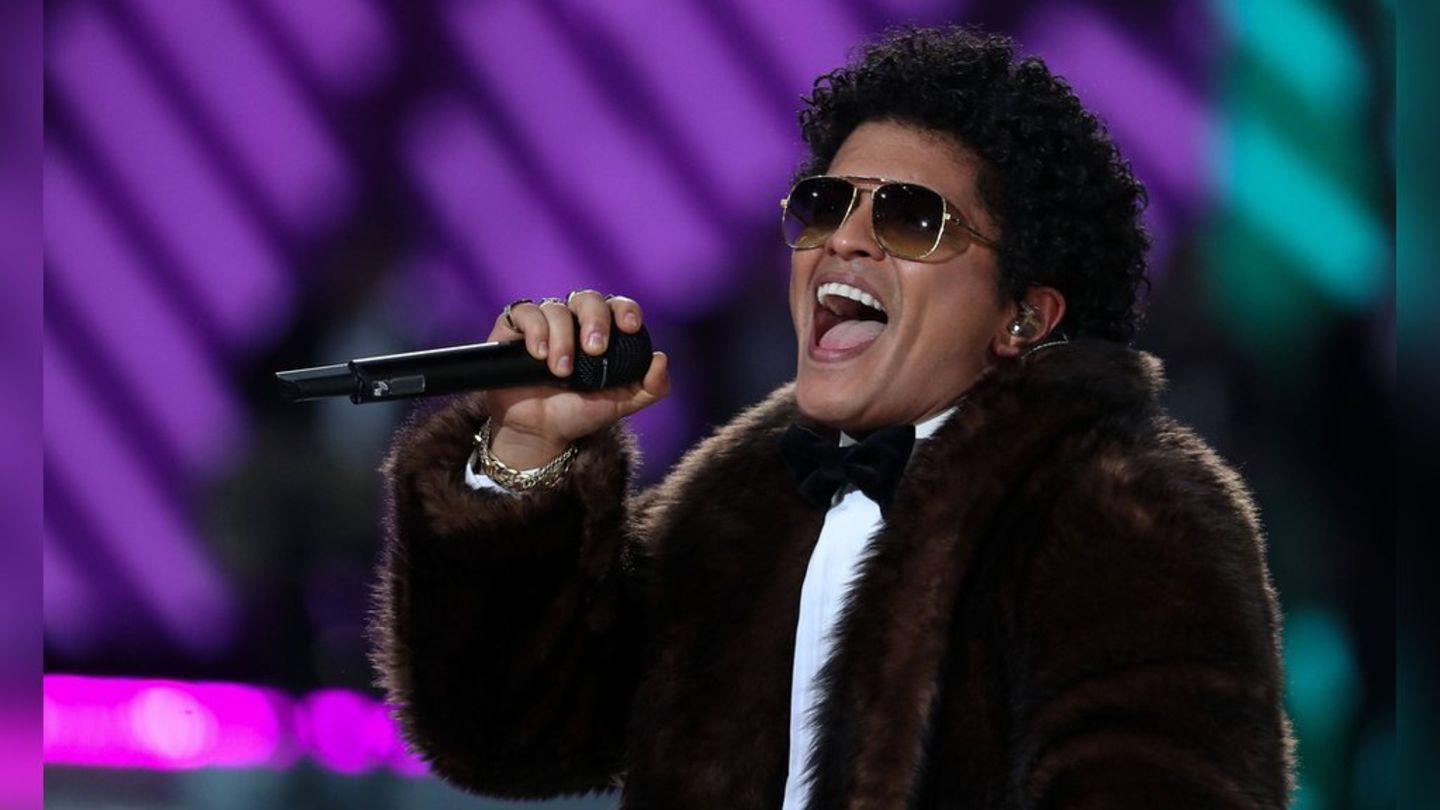As Green Club chairwoman Sigrid Maurer and VP MP Andreas Ottenschläger announced at a joint press conference, the Court of Auditors will in future be given the opportunity to inspect the documents if there is reasonable suspicion. In the event of a dispute, the Constitutional Court decides. A separate report on campaign expenses must be submitted within six months.
The donation reporting system is to become more transparent. Names (and sums) of the donors are mentioned for donations of 500 euros or more. A donation of a maximum of 150 euros will be collected as a de minimis limit. Names and sums between 150 and 500 euros are reported to the Court of Auditors, but the information is not published.
Maurer called it the goal that the law be passed with the broadest possible majority. Therefore, there should also be negotiations with the opposition. Their representatives had already been informed about the draft law this morning. Ottenschläger stressed that one was open to suggestions from other parties.
These are the rules in detail:
audit rights in the parties themselves, the Court of Auditors currently does not. If he suspects irregularities in the party balance sheet (“report of account”), he can only entrust the review to an auditor. In the future, according to the draft, the Court of Auditors should be able to investigate “reasonable suspicion” of a violation of the party law itself. However, he must first give the party the opportunity to comment. In case of doubt, the Constitutional Court should decide whether the Court of Auditors is really allowed to examine. The Court of Auditors itself had proposed significantly more far-reaching audit rights (namely the audit of the use of party funding). As far as is known, the ÖVP and the Greens have not followed suit.
assets and debts are to be disclosed by the parties in the future. To do this, they should list both their assets (i.e. real estate, company investments, financial investments and credit or receivables) and their liabilities (i.e. debts and provisions) in the statement of accounts. The national organizations have to report significantly less (namely only real estate and debts over 50,000 euros). The parties should not disclose to whom they owe their debts. Only the Court of Auditors should know about this.
earnings and expenses will also be published in more detail in the future – namely down to the district and community organizations.
campaign costs the parties should in future publish no later than six months after the election – via their own “election advertising report”. In it, the parties should not only list whether they have complied with the campaign cost limit (currently EUR 7.2 million). Unlike before, they should also break down their election campaign expenses – i.e. the expenses for advertising and advertisements, agencies including opinion research, additional staff and election events. All sub-organizations and upstream organizations as well as committees of persons should also be recorded. The social partners should also disclose campaign advertising expenses that go beyond ongoing operations.
sanctions violations are tightened. If a parliamentary party does not submit its election campaign report or statement of accounts, it should pay up to 50,000 euros. As a further consequence, party funding could also be withheld (as has been possible up to now). Exceeding the election campaign cost limit should be significantly more expensive (up to twice the excessive expenditure). However, parties that are not represented in the National Council, state parliaments or the EU Parliament are no longer accountable.
party donations are regulated again after the 2019 reform: The naming of donors is planned from as little as 500 euros (previously 2,573 euros) – quarterly. Anonymous donations are only permitted up to 150 euros (previously 515 euros). In return, donations up to this de minimis limit of 150 euros are not included in the upper limit of a maximum of 772,000 euros per year and party. So far, only donations of up to 100 euros for “local political events” were exempt. Individual donations over 7,720 euros are generally prohibited.
The rules for the publication of membership fees (from 5,000 instead of the previous 7,500) and sponsorships (from 7,500 instead of the previous 12,350) have been tightened a little.
party funding changes from optional to mandatory. This means that the constitution stipulates that the federal and state governments must provide financial support to the parties. The communities can do this voluntarily. At the federal level, just under five euros were paid out per eligible voter, and in some states significantly more.
loopholes are partially closed. In this way, the parties’ front-line organizations were able to partially circumvent the transparency rules if they formally separated from the party. For example, the faction of social democratic trade unionists (FSG) has switched an additional association between itself and the SPÖ. The ÖVP and the Greens now want to make this more difficult by expanding the concept of party-related organizations. A loophole for the transparency of donations in party newspapers will also be closed. So far, this only applies if the party itself publishes a medium. In future, the disclosure of advertisements over 2,500 euros will also apply if the medium is published by a party-affiliated organization, a member of parliament or a candidate.
Source: Nachrichten




